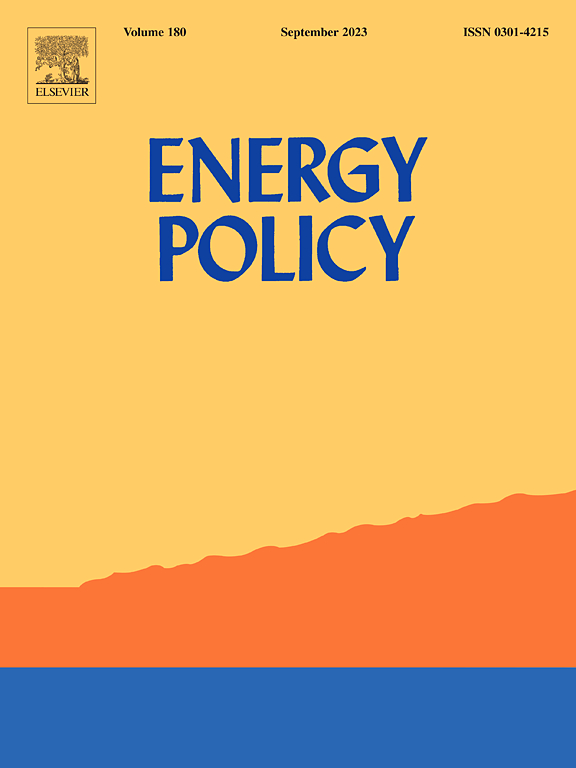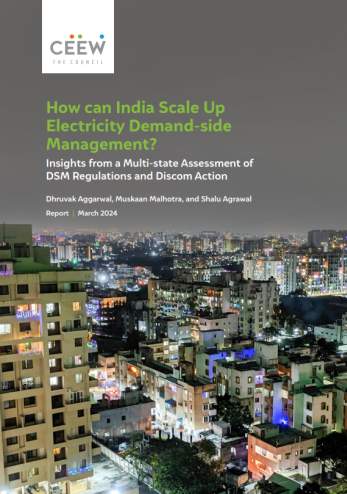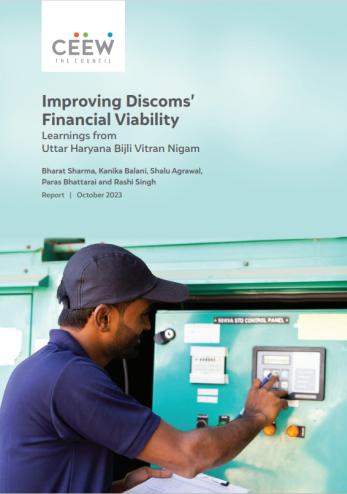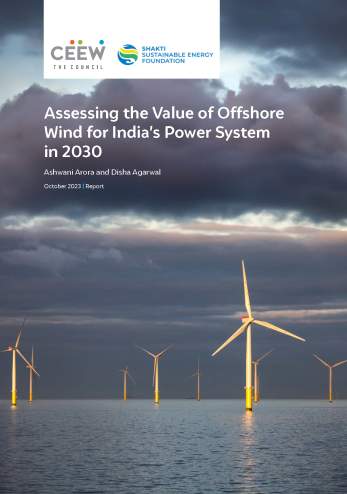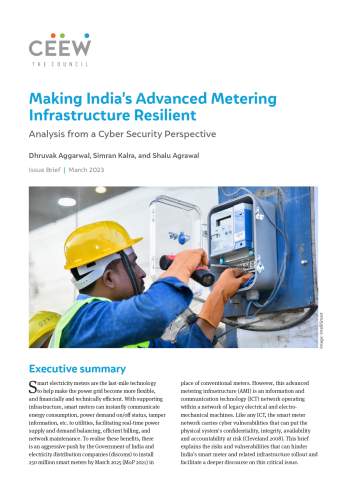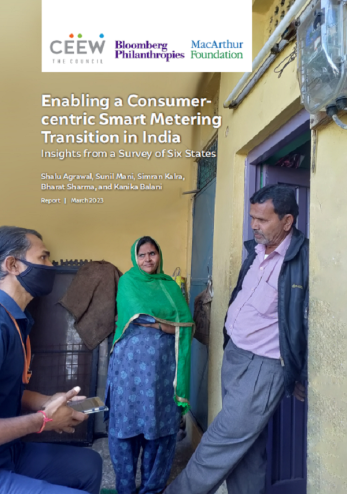Paper
Is the Electricity Cross-Subsidisation Policy in India Caught Between a Rock and a Hard Place?
An Empirical Investigation
Tarun Mehta, Gopal K. Sarangi
October 2022 | Power Markets
Suggested citation: Mehta, Tarun and Gopal K. Sarangi. 2022. Is the electricity cross-subsidisation policy in India caught between a rock and a hard place? An empirical investigation. Energy Policy, 169, p. 113157. doi:10.1016/j.enpol.2022.113157.
Overview
Functioning of the Indian electricity sector is often found to be characterised by policy-level inconsistencies and meddled with political interference at all levels of governance. This paper analyses the effect of reform-based policies and regulations and the political environment on the cross-subsidisation process in India. It uses a panel data econometric technique as an empirical strategy to establish such a linkage, covering 18 Indian states over 10 years.
Key Highlights
- A favourable open access environment has become a game-changer for industrial and commercial consumers to migrate from the state grid to other sources – preferably to renewables – leading to greater renewable energy penetration. This has implications for cross-subsidies.
- It is crucial for distribution utilities and state regulatory commissions to be independent in their functioning. Greater reliance on the state exchequer by the distribution utilities could endanger their autonomy; whereas the lack of financial independence of State Electricity Regulatory Commissions could negatively impact their abilities to operate independently.
"The process of cross-subsidisation is not always based on the hard logic of expanding welfare, rather it is motivated by the entrenched political goals and ambitions."




